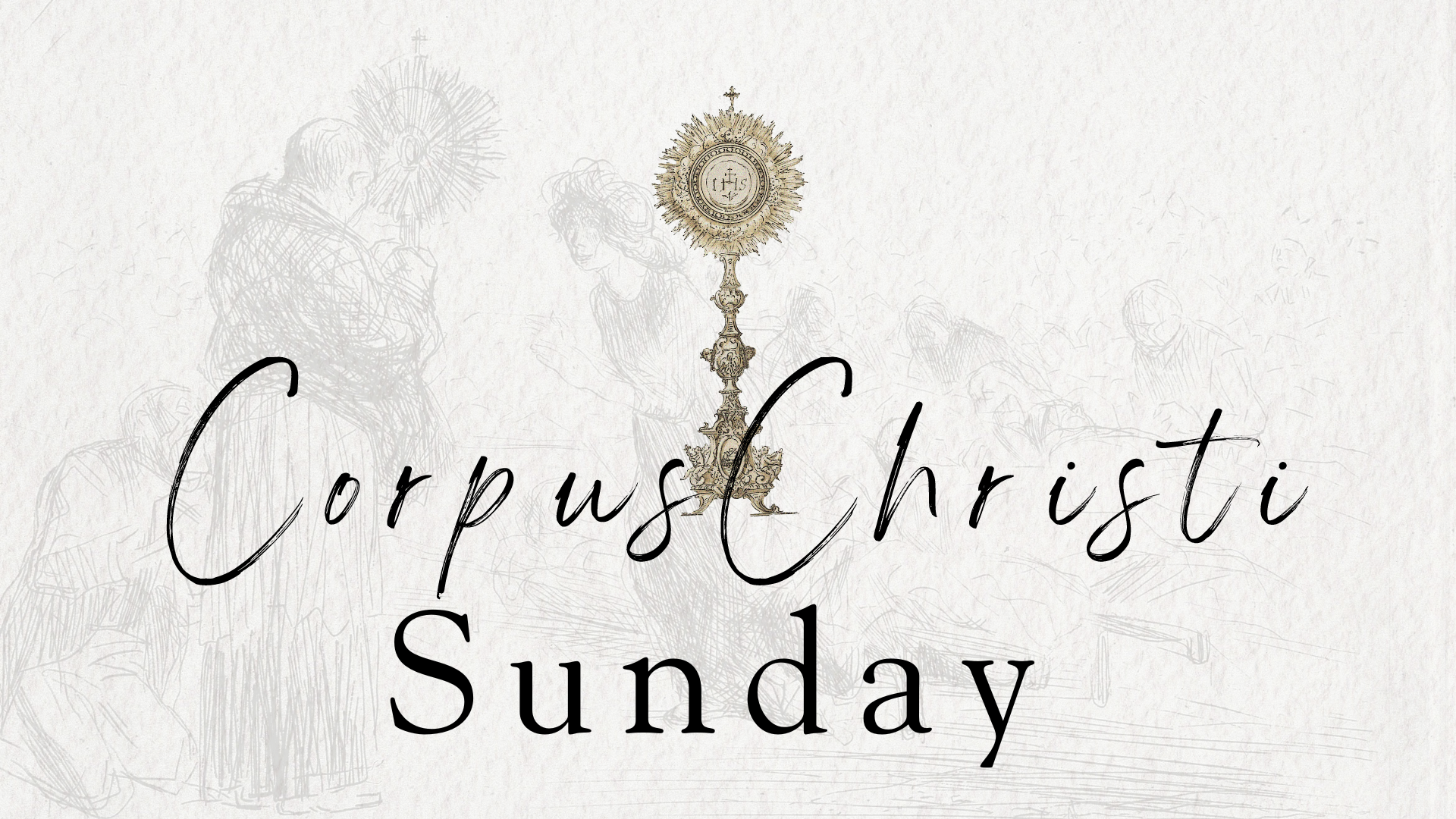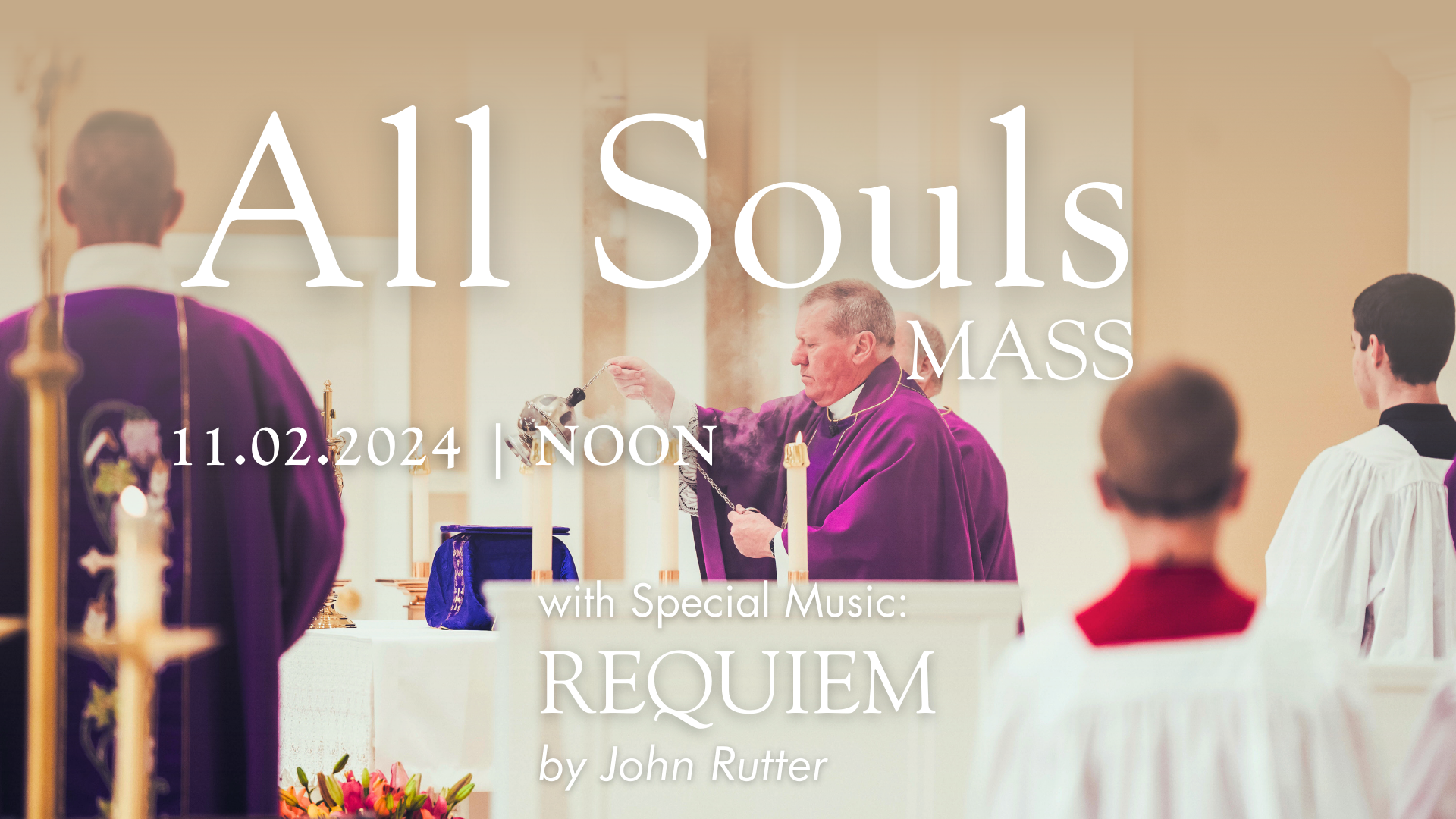
Mark 14:12-16, 22-26
"Take it; this is my body."
Readings for Corpus Christi Sunday: Exodus, Hebrews, Mark
Reflection:
On this feast of Corpus Christi, we reflect on the profound mystery of the Eucharist, where bread and wine become the body and blood of Christ. In the first reading from Exodus, we hear of Moses sealing the covenant between God and the Israelites with a sacrifice. Moses sprinkled the blood of the covenant on the people, symbolizing their relationship with God. This foreshadows the new covenant Jesus would establish with his disciples at the Last Supper, as we hear in the Gospel of Mark.
Jesus, knowing he would soon offer himself as the ultimate sacrifice, shared a final meal with his disciples. He took bread, blessed it, and gave it to them, saying, “This is my body.” He then took the cup, gave thanks, and gave it to them, saying, “This is my blood of the covenant, which will be shed for many.” These words echo the covenant rituals of the Old Testament, but with a new and eternal significance.
As we celebrate the Eucharist, we participate in this new covenant, becoming one with God in Christ. Just as the Israelites were united with God through the blood of the covenant, we are united with Christ, the God-man, through his body and blood. Let us approach the Eucharist with reverence and awe, recognizing the depth of God’s love for us and the intimacy of our union with Christ.
Reflection Questions
- Have you considered the depth of God’s love in the Eucharist, where bread and wine become the body and blood of Christ?
- How does the Eucharist deepen your relationship with God, echoing the covenant rituals of the Old Testament?
- In what ways does the Eucharist unite you with Christ, transforming you into a living testament of God’s love?

